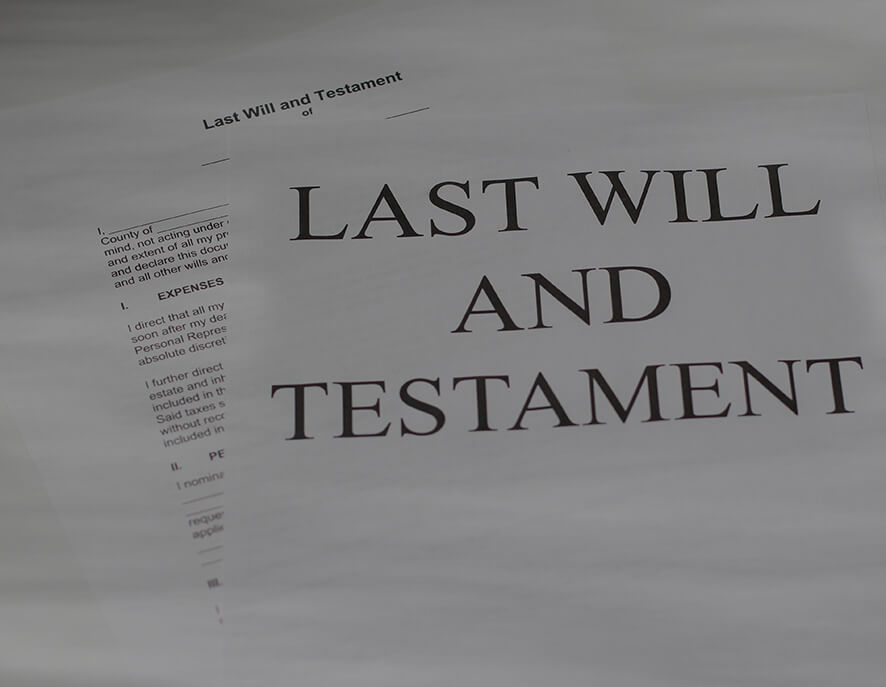Estate and Trust Administration
Probate estates and trusts require administration by an appointed estate representative or nominated trustee. If you have been nominated to act as trustee or executor in someone’s trust or will, you will need assistance from a probate attorney or trust attorney in administering the trust or estate. If someone has died without a will, an Administrator will need to be appointed by a court to finalize the decedent’s estate.

Probate Estate Administration
At Dutton Casey & Mesoloras, P.C., our probate attorneys work with clients to be appointed as an estate’s representative and assist them to fulfill their duties as an estate’s representative. A representative of an estate has a duty to marshall assets, identify and pay debits of the decedent, and make distributions to the rightful heirs or legatees of the estate. Estates are treated differently depending on whether or not someone has a Last Will and Testament at the time of their death. A Will appoints an Executor and the Illinois Probate Act defines who has preference to nominate an estate Administrator if there is no will.
If an estate is valued at over $100,000, a court must appoint a representative upon the filing of an appropriate petition. If an estate is valued at under $100,000, we can assist our clients by preparing a small estate affidavit, where an estate can be administered outside of court.
If you are in a situation where an estate needs administration, you can review our checklist for beginning estate administration, before contacting us.
Trust Administration
At Dutton Casey & Mesoloras, P.C., our trust attorneys represent nominated trustees of various types of trusts, including Living Trusts, Irrevocable Trusts and Supplemental/Special Needs Trusts. Trust administration is nuanced and requires competent representation.
Our trust attorneys assist clients by preparing necessary acceptance documents for the trustee to be formally appointed, sending notices to trust beneficiaries as required by the Illinois Trust Code, identifying and paying debits of the grantor, and appropriately disbursing trust assets. Our trust attorneys have the expertise to guide and represent clients who are nominated as trustees of many types of trusts, both simple and complex.
